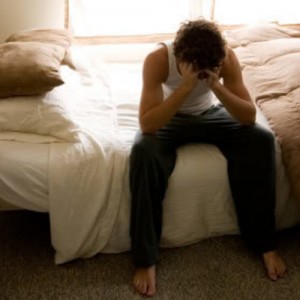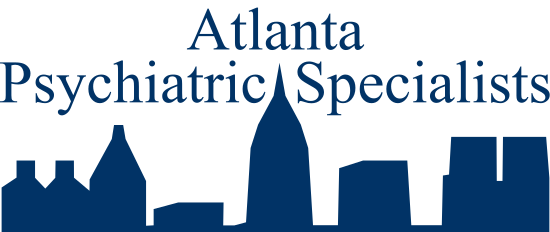 “I don’t need much sleep.” “I pulled an all-nighter.” “I can always catch up.” We have the illusion that we control what happens in our brains, that we can forgo a sleeping state in favor of a waking one without penalty.
“I don’t need much sleep.” “I pulled an all-nighter.” “I can always catch up.” We have the illusion that we control what happens in our brains, that we can forgo a sleeping state in favor of a waking one without penalty.
No, not true. There is a price to pay- you may decide it is worth the price, but the billions of brain cells and their trillions of connections will have their say. The “I” of my personal self, Ross, is itself constructed by these interacting neurons and doesn’t have much more say about what my brain is doing than it does about how my skin or my liver is behaving. We’re getting into tricky philosophical territory here, but my overall point is that insufficient sleep leads to unintended consequences:
- Your brain may enter “microsleeps,” brief periods of snoozing which are well known to night drivers or tired classroom students. These can be dangerous.
- Your brain may produce “local sleep,” in which a few neurons at a time are offline and resting- not enough to be aware of, but definitely capable of causing inefficiencies and omissions.
- You don’t feel rested; you don’t look forward to rewards; there is a background dullness or tension to your life.
- You may be more inclined to overuse alcohol or drugs, including caffeine or nicotine, in order to improve your emotional state. This developing feeling bad/feeling good/feeling bad cycle leads to self defeating habits.
- Lack of sleep is usually associated with weight gain (not what you expected!) and metabolic and hormonal changes associated with various illnesses (see also my version of Pascal’s Wager).
Memory, decision making, pain tolerance, moral choices, negotiating ability, and other cognitive and emotional functions are hurt when we are deprived of sleep.
As I said above, you may decide that lack of sleep is worth the payoff, but your decision can be informed by a balanced consideration of risks and benefits.


Ross, I wish that we could discuss this over a long dinner! I have been diagnosed with Reverse Circadian Rhythm Disorder and have been told there is no help. All treatment modalities have failed. It is horrendously frustrating.